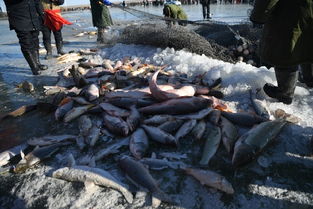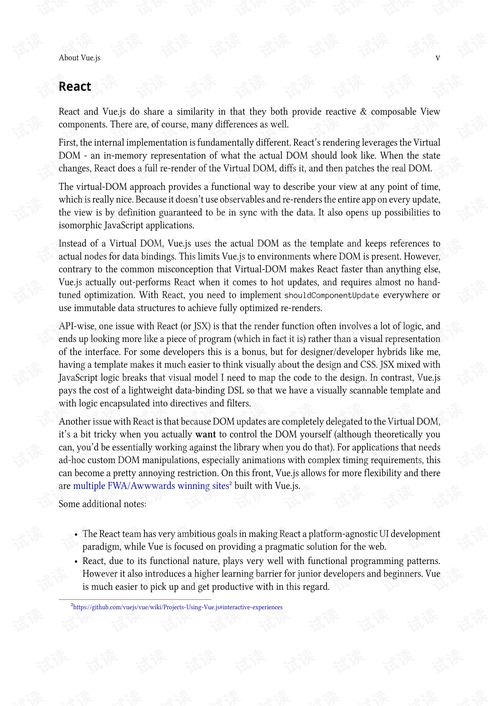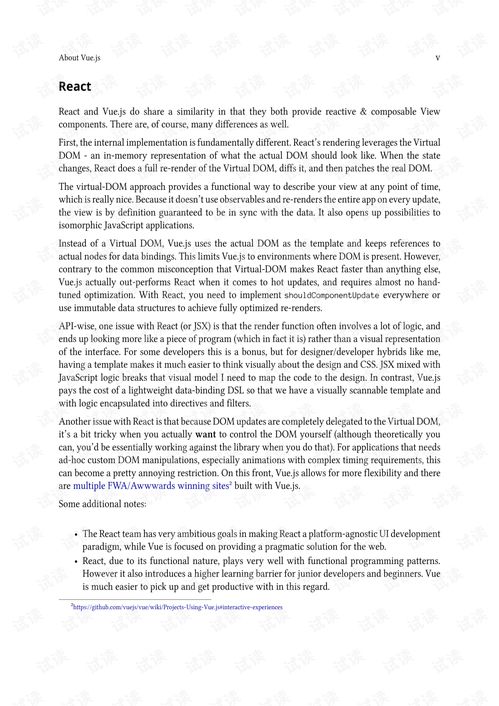Winter fishing can be a serene and rewarding experience, offering anglers the chance to enjoy the tranquility of nature while pursuing their passion. However, the cold weather brings its own set of challenges, and selecting the right fishing spot is crucial for success. Here are some expert tips and techniques to help you choose the perfect fishing spot this winter.
Understanding Winter Fish Behavior
Before we delve into the specifics of choosing a fishing spot, it's important to understand how fish behave during the winter months. Cold water temperatures slow down fish metabolism, making them more sedentary and less active. As a result, they tend to congregate in specific areas to conserve energy and find food.
Deep Water Fishing
During the winter, fish often move to deeper waters where the water temperature remains relatively stable. Look for areas with a depth of 10 to 20 feet, as these depths tend to retain more heat than shallow waters. If you're fishing in a lake or reservoir, target the deepest parts of the lake, such as the coves, points, and drop-offs.
Structure and Cover
Fish seek out structure and cover in the winter to protect themselves from the cold and to ambush prey. Look for underwater structures like rocks, logs, and brush piles. These areas can provide both shelter and forage for fish. Additionally, consider areas with vegetation or weeds, as they can also offer cover and attract baitfish.
Temperature and Oxygen Levels
Cold water holds less oxygen than warm water, so fish will congregate in areas with higher oxygen levels. Look for areas with a good current, as moving water can help maintain higher oxygen levels. Also, consider areas near the surface where sunlight can penetrate and warm the water slightly.
Time of Day
Winter fishing can be more challenging due to the shorter daylight hours. Fish are often more active during the first few hours of daylight and just before sunset. Plan your fishing trips accordingly to maximize your chances of success.
Weather Conditions
Monitor the weather forecast closely. Fish are more active on calm, sunny days with mild temperatures. Avoid fishing on windy or cold days, as these conditions can make fish less active.
Choosing the Perfect Fishing Spot

Now that you understand the factors that influence fish behavior during the winter, let's look at some specific techniques for choosing the perfect fishing spot:
Research and Preparation
Before heading out, do some research on the body of water you plan to fish. Look for maps and guides that highlight potential fishing spots. Also, consider asking local anglers for their recommendations and insights.
Use a Fishfinder
A fishfinder can be an invaluable tool for winter fishing. It allows you to locate fish and identify underwater structures. Use the fishfinder to target areas with fish concentration and to determine the depth at which the fish are holding.
Start with a General Area
Begin by targeting a general area that has the potential to hold fish. Once you've identified a promising spot, use your fishfinder to refine your search and pinpoint the exact location of the fish.
Adjust Your Technique
Once you've found the fish, adjust your technique accordingly. Consider the type of bait or lure that will be most effective in attracting the fish, and experiment with different depths and retrieves to see what works best.
Be Patient and Observant
Winter fishing requires patience and a keen eye. Fish may be less active, so it's important to be patient and wait for the right moment to cast. Pay attention to any changes in the water, such as surface disturbances or bubbles, as these can indicate the presence of fish.
Conclusion
Choosing the perfect fishing spot during the winter can be challenging, but with the right knowledge and techniques, you can increase your chances of success. By understanding fish behavior, monitoring weather conditions, and using the right equipment, you can enjoy a rewarding winter fishing experience. Remember to be patient, observant, and adaptable, and you'll be well on your way to catching fish in the coldest months of the year.












